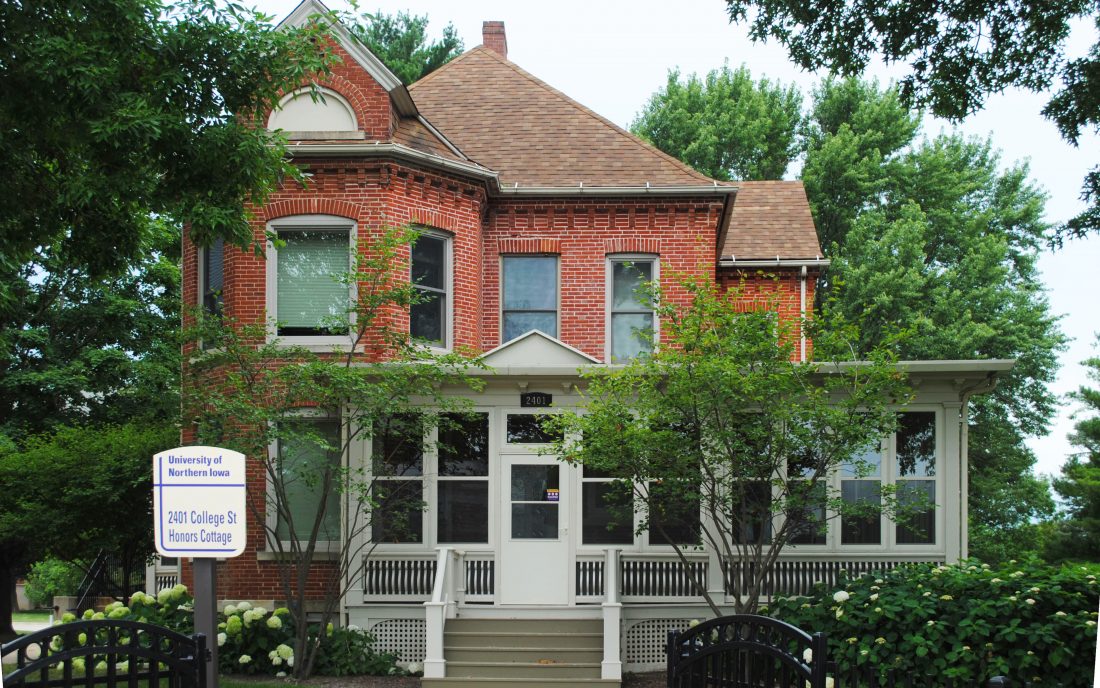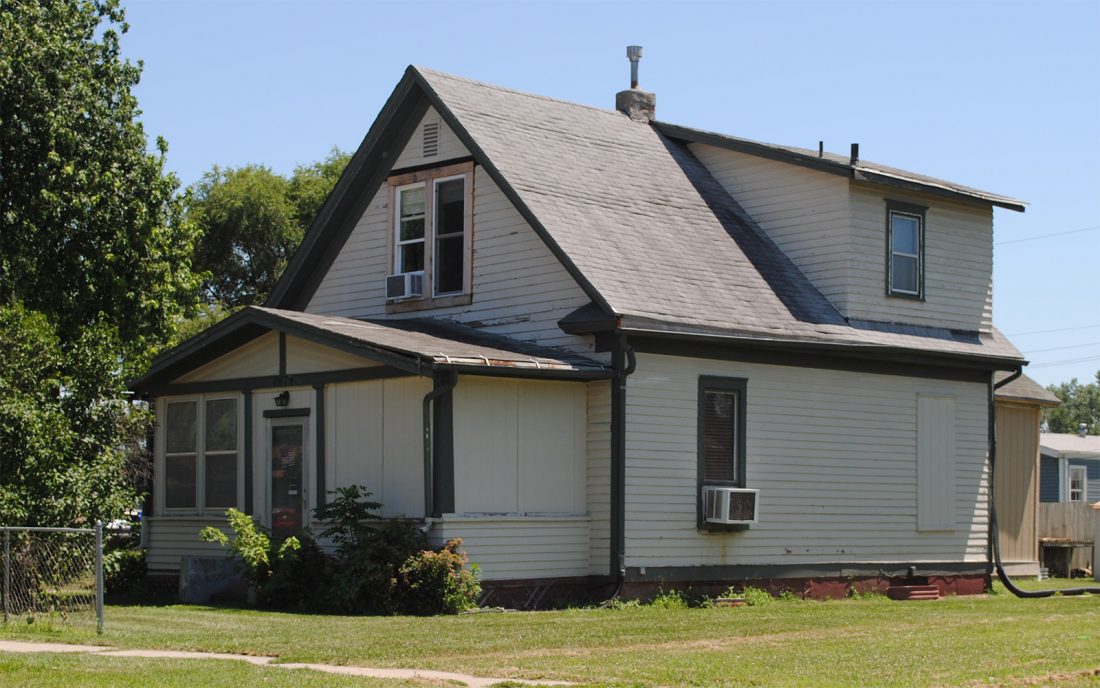Twentieth Century African American Civil Rights-Related Resources in Iowa
The history of African Americans in Iowa is intrinsically tied to the civil rights history of the territory and state. Although slavery was prohibited, pre-Civil War white settlers were divided on how to treat their black neighbors. Antebellum laws prohibited blacks from settling, voting, holding legislative office, or intermarrying with whites in the state. On the other hand, the Iowa General Assembly—both before and after the Civil War—eliminated some discriminatory laws and opened public schools to all students, and in 1884, passed the state’s first Civil Rights Act, which, as written, entitled all persons within Iowa to full and equal access to public accommodations. Despite these laws, discrimination against African Americans continued, resulting in the refusal of service or admittance to public places, unequal employment opportunities, and unequal access to housing; this was especially noticeable into the twentieth century. Housing and employment discrimination practices and the state civil rights law remained unchanged until the modern civil rights movement of the 1950s and 1960s when the Iowa General Assembly enacted new civil rights-related bills that sought to ban discriminatory practices in employment, labor organizations, and public accommodation. The Iowa Civil Rights Act of 1965 also established a statewide commission to investigate complaints regarding violations of the Act. The Civil Rights Act of 1965, with amendments banning housing, credit, and education discrimination, continues to be in effect in Iowa.
The Iowa State Historic Preservation Office contracted Rosin Preservation to produce a three-phase project to document important places to the Twentieth Century African American Civil Rights in Iowa: survey African American civil rights sites throughout Iowa; prepare a statewide historic context (multiple property documentation form) for these sites; and prepare one individual National Register nomination based on the MPDF. In consultation with SHPO and their African American Civil Rights Steering Committee, Rosin Preservation selected properties to survey, including parks, union halls, university buildings, public schools, community centers, churches, and private houses. These properties represented themes including but not limited to education, employment equality, fair housing practices, advocacy, and significant people across the state.
Rosin Preservation prepared the “Twentieth Century African American Civil Rights in Iowa” multiple property documentation form (MPDF), which explored five broad eras in Civil Rights history as applied to the state of Iowa from 1833 to 1976 and identified associated property types that were found during the survey. The property types included requirements to help assist the nomination of individual sites to the National Register. Rosin Preservation subsequently prepared the nomination of the Dr. Percy & Lileah Harris House in Cedar Rapids. The parcel upon which the house was built became the subject of intense debate with the community about whether a black family should be allowed to build a house within a predominately white neighborhood. The Harrises built their new house in 1963; thus, the house became a symbol of the civil rights struggle for fair housing practices in Cedar Rapids.
Location
State of Iowa










